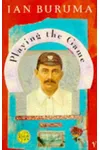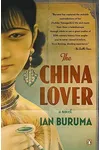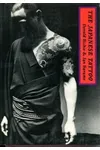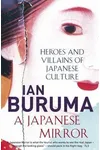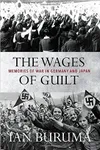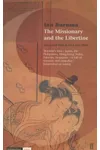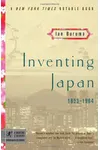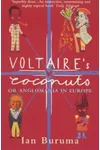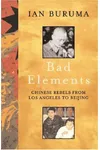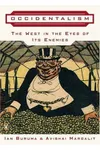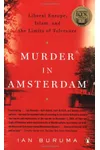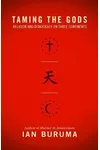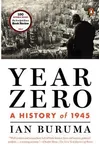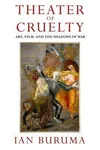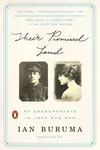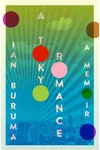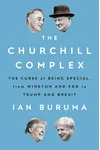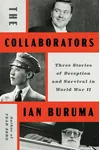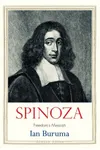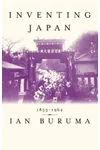Picture a Dutch storyteller who danced between East and West, weaving tales of culture and history with a sharp, curious eye—meet Ian Buruma! Born in 1951 in The Hague, this historian, journalist, and author has spent decades unraveling the complexities of Asia, Europe, and beyond, earning his place as a leading intellectual. From his vibrant essays to his editorship at The New York Review of Books, Buruma’s work is a bridge across continents and ideas.
With a knack for blending personal narrative with global insights, Buruma’s writing feels like a conversation with a worldly friend. Whether he’s exploring Japan’s post-war psyche or Spinoza’s radical philosophy, his stories invite you to see the world anew. Let’s dive into the life and legacy of this cultural explorer!
The Making of Ian Buruma
Ian Buruma’s journey began in The Hague, Netherlands, shaped by a Dutch father, a lawyer with Mennonite roots, and a British mother of German-Jewish descent. This multicultural upbringing sparked his fascination with identity and culture. He studied Chinese literature and history at Leiden University, earning a degree in 1975, before diving into Japanese cinema at Nihon University in Tokyo. Living in Japan from 1975 to 1981, Buruma worked as a film reviewer, photographer, and documentary filmmaker, immersing himself in the vibrant cultural scene. These early years in Asia laid the foundation for his lifelong passion for cross-cultural storytelling.
Ian Buruma’s Unforgettable Works
Buruma’s writing is a kaleidoscope of history, culture, and human drama, often focusing on Asia’s intersection with the West. His 1994 book, The Wages of Guilt: Memories of War in Germany and Japan, compares how these nations grappled with their wartime pasts, blending meticulous research with vivid storytelling. In Murder in Amsterdam (2006), he tackles the murder of Dutch filmmaker Theo van Gogh, exploring tensions between Islam and European liberalism with nuance and grit. Year Zero: A History of 1945 (2013) captures the chaotic dawn of the post-war world, showcasing Buruma’s ability to weave global narratives with personal stories, including his father’s survival as a Nazi laborer.
His 2024 biography, Spinoza: Freedom’s Messiah, dives into the life of the 17th-century philosopher, presenting him as a beacon of free thought in a censorious age. Buruma’s style is accessible yet profound, mixing scholarly depth with a journalist’s flair for narrative. His themes—cultural identity, freedom, and the shadows of history—resonate across his diverse works, from essays in The New Yorker to his monthly columns for Project Syndicate.
Buruma’s time as editor of The New York Review of Books (2017–2018) amplified his influence, though his departure amid controversy over an editorial decision sparked debate about intellectual freedom. Regardless, his writing remains a testament to fearless inquiry and cultural curiosity.
Why Ian Buruma Matters
Ian Buruma’s impact lies in his ability to make complex histories and cultural clashes accessible and urgent. His work has shaped how we understand Asia’s modern identity and the global ripples of war, migration, and ideology. As a professor at Bard College and a fellow at prestigious institutions like the Woodrow Wilson Center, he’s mentored countless thinkers. Awards like the 2008 Erasmus Prize and the Los Angeles Times Book Prize affirm his role as a cultural bridge-builder. In an era of polarization, Buruma’s call for open dialogue and rational inquiry feels more vital than ever.
About Ian Buruma
- Born: December 28, 1951, The Hague, Netherlands
- Key Works: The Wages of Guilt, Murder in Amsterdam, Year Zero, Spinoza: Freedom’s Messiah
- Awards: Erasmus Prize (2008), Los Angeles Times Book Prize (2006)
- Notable Role: Editor, The New York Review of Books (2017–2018)
Ready to explore a world of ideas? Grab Year Zero or Spinoza: Freedom’s Messiah and dive into Ian Buruma’s captivating blend of history and heart!
